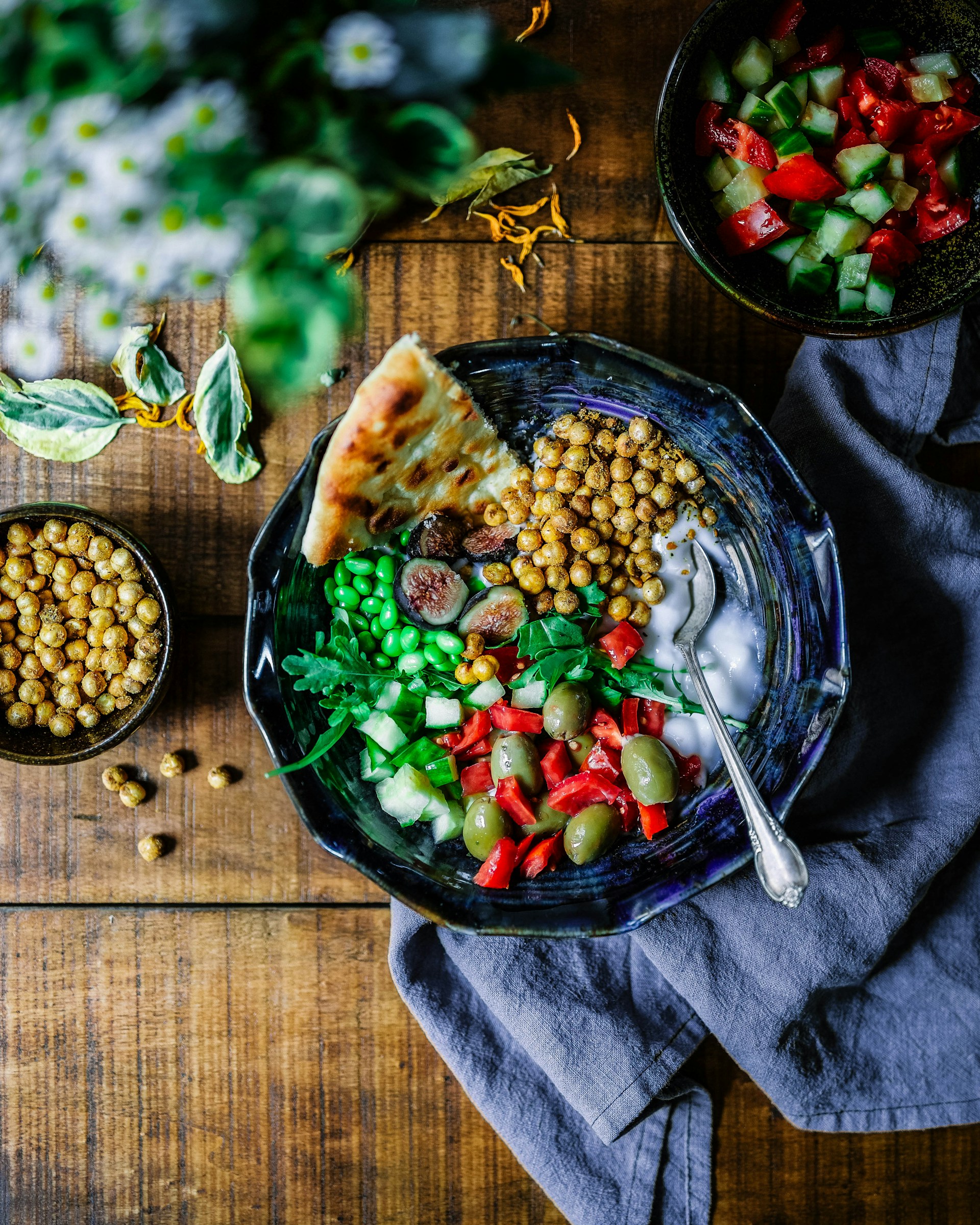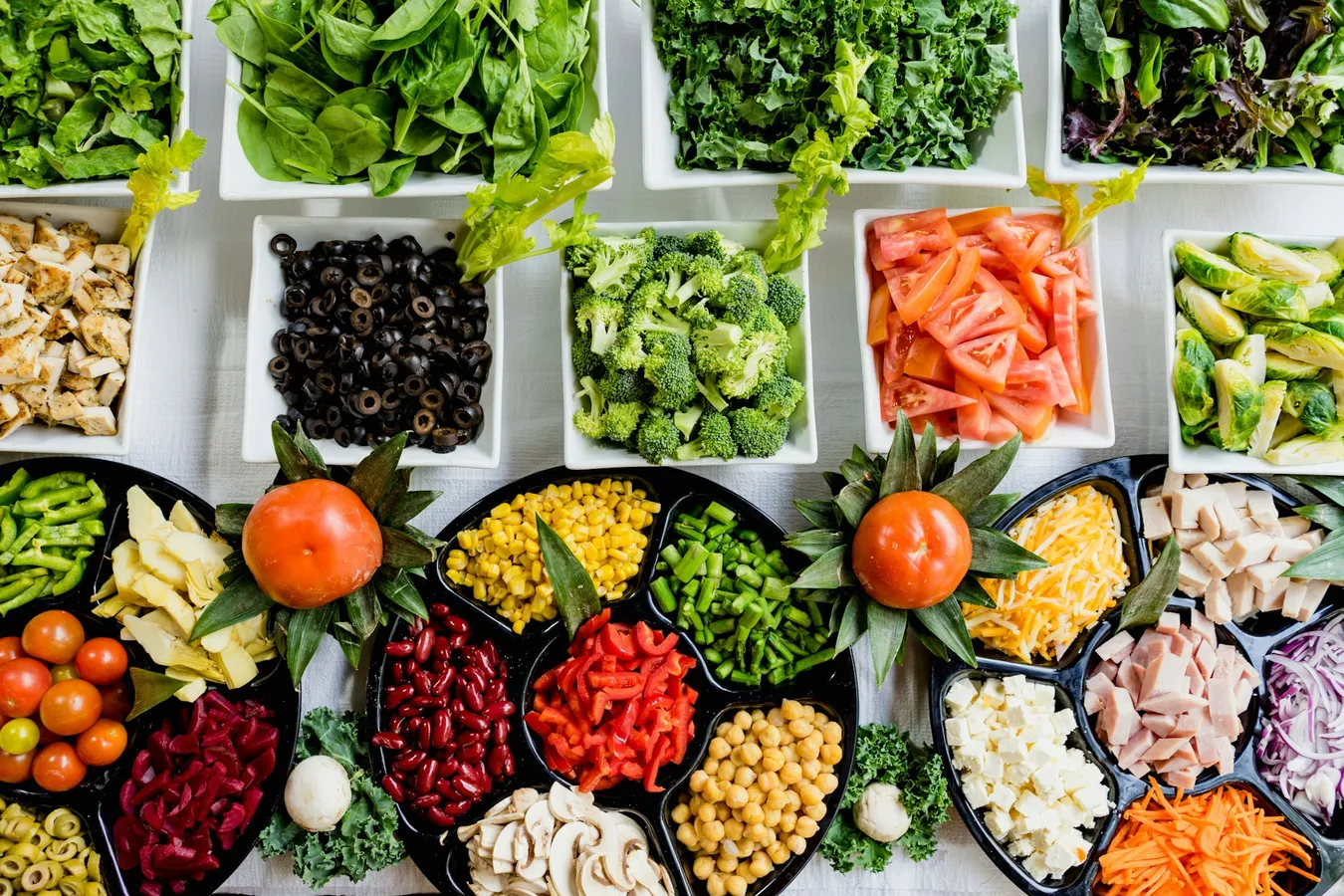As more people embrace plant-based living, vegan food has become a global movement. Whether you’re new to veganism or looking to expand your plant-based recipe collection, this guide covers everything you need to know about enjoying a healthy and sustainable vegan diet.
What is Vegan Food?
Vegan food consists of plant-based ingredients, completely free from animal products. This includes fruits, vegetables, legumes, grains, nuts, seeds, and plant-based alternatives to dairy and meat. Unlike vegetarian diets, which may include dairy and eggs, vegan diets avoid all animal-derived products.
Health Benefits of a Vegan Diet
A well-balanced vegan diet offers numerous health advantages:
- Rich in Nutrients – Whole plant foods are packed with vitamins, minerals, fiber, and antioxidants.
- Supports Heart Health – Studies suggest that plant-based diets can lower cholesterol and reduce the risk of heart disease.
- Aids Weight Management – Many plant-based foods are naturally lower in calories while being high in fiber, keeping you fuller for longer.
- Lowers Risk of Chronic Diseases – A vegan diet may help lower the risk of type 2 diabetes, high blood pressure, and certain cancers.
- Improves Digestion – The high fiber content in plant-based foods promotes gut health and regular digestion.
Easy and Delicious Vegan Recipes
Adopting a vegan diet doesn’t mean giving up your favorite flavors! Here are some easy and delicious vegan recipes to get you started:
1. Vegan Chickpea Curry
A protein-packed, flavorful dish made with chickpeas, coconut milk, tomatoes, and spices. Serve with rice or naan for a satisfying meal.
2. Creamy Vegan Pasta
A dairy-free Alfredo sauce made with cashews, garlic, nutritional yeast, and plant-based milk, tossed with pasta and veggies of your choice.
3. Hearty Lentil Soup
A comforting and nutritious soup featuring lentils, carrots, celery, tomatoes, and herbs—perfect for any season.
4. Vegan Smoothie Bowl
Blend bananas, berries, and plant-based yogurt for a refreshing breakfast topped with granola, seeds, and nuts.
Tips for Transitioning to a Vegan Diet
- Start Slow – Begin by incorporating more plant-based meals into your diet and gradually reduce animal products.
- Explore New Ingredients – Try tofu, tempeh, jackfruit, and plant-based dairy alternatives to expand your options.
- Plan Balanced Meals – Ensure your meals include a variety of protein sources, healthy fats, and carbohydrates.
- Read Labels – Many processed foods contain hidden animal-derived ingredients like gelatin, whey, or casein.
- Find Vegan Substitutes – Swap meat for lentils, beans, or tofu and dairy for almond, soy, or oat milk.
Why Choose a Vegan Lifestyle?
Beyond health benefits, veganism promotes sustainability and ethical eating:
- Environmental Impact – Plant-based diets have a lower carbon footprint and use fewer resources like water and land.
- Animal Welfare – Avoiding animal products helps prevent factory farming and promotes ethical food choices.
- Economic Savings – Vegan staples like beans, rice, and vegetables are often more affordable than meat and dairy.
Final Thoughts
Vegan food is nutritious, flavorful, and beneficial for both health and the planet. By exploring plant-based recipes and making mindful choices, you can enjoy a fulfilling and sustainable lifestyle.
Are you ready to try more vegan meals? Share your favorite plant-based recipes in the comments below!





Leave a Reply